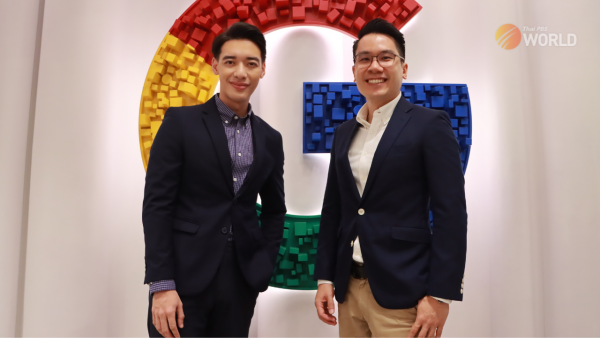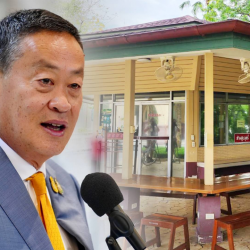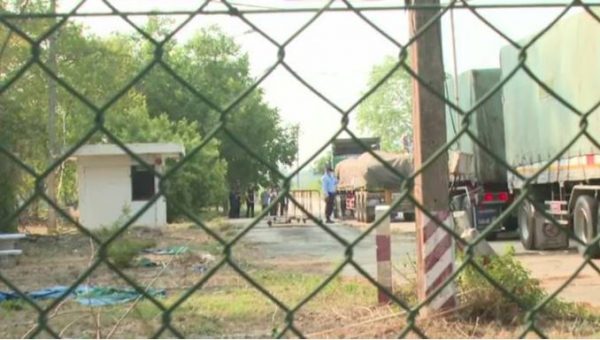How BMA and Google turn e-waste into new learning tools

The Bangkok Metropolitan Administration (BMA) is joining hands with tech giant Google to turn what would become electronic waste into new learning tools for students at 437 city schools.
More than 400,000 computers, phones and other electronic devices end up as e-waste in Thailand every year. Computers are discarded, despite being functional or requiring only minimal repair. This is often due to the operating system’s new iteration being more memory intensive, thus reducing performance after an update.
The BMA decided to partner with Google to make use of those outdated computers, with sustainability in mind. Mike Jittivanich, Google’s Director of Marketing in South East Asia, explained how the tech giant extends a computer’s lifespan.
“In one set of research in Japan, we found that an old laptop that has been converted to Chrome OS Flex, actually reduces its power consumption and, in effect, reduces its carbon footprint by up to 45%, right. If you look at the life cycle of a device, even in corporate settings, today, a laptop tends to last around three to four years. By converting it to our OS, we actually extend the life of a device by up to five to ten years,” he said.
The computers Google refurbishes are collected mainly through donations from the private sector. The “Flex” version of the company’s OS is installed on them. It is known to improve performance and reduce energy consumption. It is also equipped with the firm’s modern learning tools. Google and the BMA aim to give out 130,000 devices over the next three years to the schools with which the BMA has been working.
Not everyone is enthusiastic about the rapid rise of on-line learning. It is well-established that children today suffer from attention loss and are finding studying more difficult, because of the time they spend on the Internet. While using on-line software, learners would be one click away from going onto another website and getting lost in the constant influx of information and entertainment.

A research project, started by Google, with the Rittiyawannalai School and Chulalongkorn University, aimed to evaluate the impact of having devices equipped with the firm’s software in the classroom. The results were positive, with pupils understanding more in class and improving their grades, as well as having more avenues through which to innovate and be independent in their learning.
The company’s learning suite includes, for instance, an on-line program allowing students to write documents, having them synced across multiple devices and sharing links to them with anyone. Tools, such as this, are becoming increasingly essential for students to study efficiently and for teachers to provide new and exciting ways to learn.
Despite Thailand being at the forefront of the fourth industrial revolution, access to digital tools is still unequal. If the youth do not have access to new technologies and tools, which can, down the line, lead to fewer of them pursuing degrees, there will be a shortage of talent in advanced industries, such as AI and robotics.
Mike explained how its partnership with BMA falls under an initiative to “leave no Thai behind”.
“In 2018, we announced our mission, which was to leave no Thai behind. The meaning of “leaving no Thai behind” has evolved over the years, because digital transformation has changed in the past five or six years. What it means today for us is, first, providing equitable access to digital opportunities, making sure people have the right skills, the right tools, to succeed on-line; then, making sure that they are on-line in a safe and responsible manner and finally having helpful products, tools and AI technologies for Thai society.”
Over the past few years, several emerging technologies have been introduced, such as virtual reality, blockchain and the internet of things. The period we are living in today can be confusing to the public, similarly to the 1990s, when the concept of an email account had to be explained on television.
The firm knows that incorporating new educational software, powered by technologies such as AI, in their teaching can be difficult for teachers. To address this, it has trained over 300,000 educators in Thailand already.
By Aymen Belkadi, Thai PBS World






